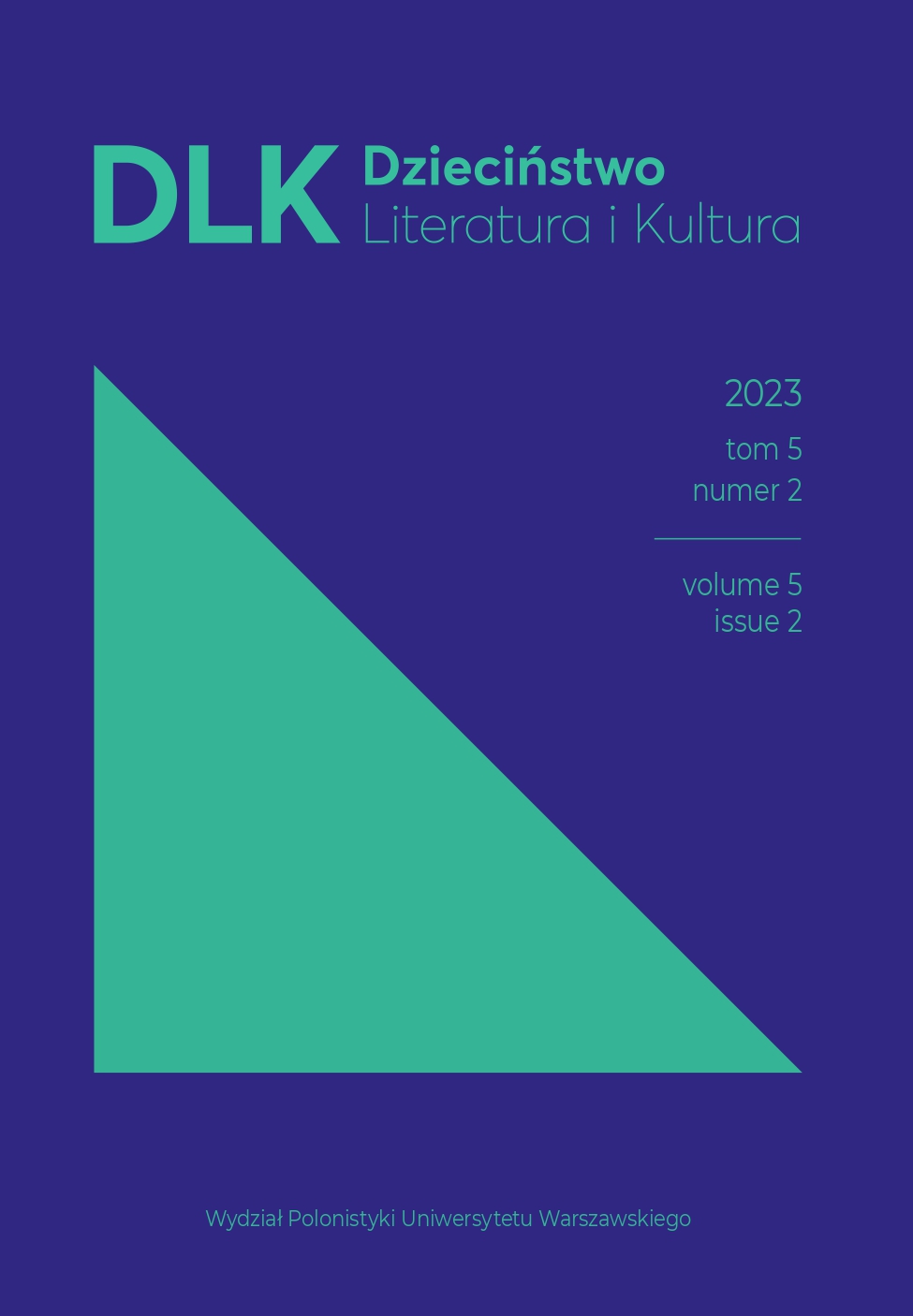Kino – dziecko – magia. Przypadek Ducha roju Víctora Erice
Cinema – Child – Magic : The Case of Víctor Erice’s The Spirit of the Beehive
Author(s): Paweł JaskulskiSubject(s): Film / Cinema / Cinematography, Pedagogy
Published by: Wydział Polonistyki Uniwersytetu Warszawskiego
Keywords: child actors; Ana Torrent; The Spirit of the Beehive; Edgar Morin; Frankenstein; James Whale; magic; Víctor Erice;
Summary/Abstract: This article aims to analyse The Spirit of the Beehive (1973), directed by Víctor Erice. Recognised as a masterpiece of Spanish cinema, the film is a classic example of a production that offers various layers of meaning. For instance, since the film was created during the dictatorship of Franscisco Franco, some scholars point to its historical tropes, whereas others focus on psychological aspects. Moreover, a sheer number of reviewers have adopted a purely cinephile approach to Erice’s film. Firstly, the action takes place during the Spanish Civil War. Secondly, the pattern of events can be examined from a psychological perspective. Thirdly, the first turning point in the narrative is the screening of the 1931 Frankenstein film (directed by James Whale, 1931). This particular moment in Erice’s film becomes a transformative point in the life of the main character, Ana (Ana Torrent). For the author of this article, this scene serves as a starting point for the interpretation of Erice’s film. Perhaps the very figure of Ana Torrent may represent, in the entire history of cinema, the most faithful embodiment of Edgar Morin's theory of film as presented in his book The Cinema, or The Imaginary Man (1956): according to the French scholar, the cinema is rooted in magic, which forms the core of its phenomenon.
Journal: Dzieciństwo. Literatura i Kultura
- Issue Year: 5/2023
- Issue No: 2
- Page Range: 10-24
- Page Count: 15
- Language: Polish

